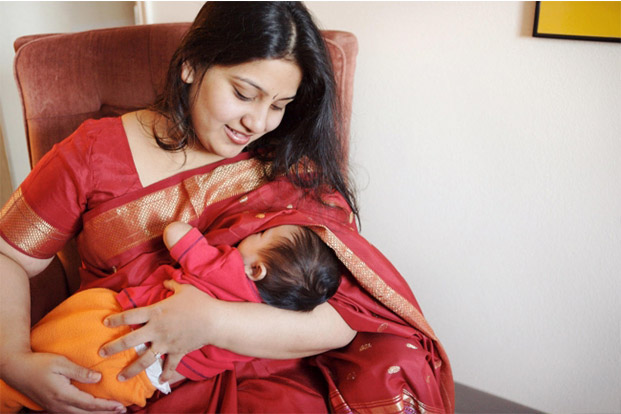Categories
- Bariatric Surgery (11)
- Black Fungus (5)
- Bone Marrow transplant (3)
- Brain Tumor Surgery Navigation Technology (20)
- Cardiac Surgery (66)
- Cardiology (97)
- Computer navigation technology for joint replacements (20)
- Covid Vaccination (17)
- Critical Care (2)
- Dental (19)
- Dermatology (31)
- Dialysis Support Group - “UTSAAH” (11)
- Dietitian (33)
- Emergency Medicine (4)
- Emotional Health (11)
- Endocrinology (33)
- ENT (20)
- Gastroenterology and GI Surgery (53)
- General and Laparoscopic Surgery (21)
- General Surgery (4)
- Gynecology & Obstetrics (183)
- Hematology (20)
- Internal Medicine (294)
- Kidney Transplant (50)
- Kidney Transplantation (20)
- Lung Cancer (8)
- Minimal Invasive Surgery (1)
- Mother & Child (20)
- mucormycosis (5)
- Nephrology (61)
- Neurology (147)
- Neurosurgery (68)
- Nutrition and Dietetics (107)
- Omicron Variant (1)
- Oncology (288)
- Ophthalmology (10)
- Orthopaedics & Joint Replacement (86)
- Paediatrics (59)
- Pediatric Nephrology (3)
- Physiotherapy (5)
- Plastic & Reconstructive Surgery (6)
- Psychiatry and Psychology (90)
- Psychologist (28)
- Pulmonology (72)
- Rheumatology (13)
- Spine Services (21)
- Transradial Angioplasty (16)
- Urology (84)
Query Form
Posted on Apr 19, 2022
Breast Feeding is Important- But are we culturally ready to see the same publically?
Even before doctors advocated breast milk as the best source of nutrition, Indian mother’s accepted breast feeding as her duty and a child’s right. Hence breastfeeding has been accepted as the norm in the Indian socio cultural context. The practice of breastfeeding was partially replaced by bottle feeding in the 20th century in Europe and America due to attitudes which denigrated breastfeeding to lower class or practice amongst the poor. Later it became a practical thing to do for working mothers or in social gatherings. The practice caught up in India too with the changing roles of women and marketing propaganda for promotion of infant formula and baby bottles.
The parda culture in Indian households made it convenient for women to wean of babies very early so that they could do routine activities inside and outside the house. Simultaneously, various cultural myths associated with child birth unfortunately helped to de popularize breastfeeding.
As a clinician, it is sometimes a shock to hear some of the myths associated with breastfeeding especially in educated people despite enough scientific evidence e.g. breast milk is inadequate for babies or does not allow them to gain adequate weight.
Breast feeding in public – is an embarrassment to many:
The major motivating factor for women to wean off infants early or not give exclusive breast feed to new born babies is largely due to embarrassment associated with breastfeeding in public. Modern India still has not come to terms with accepting women not following the social norm either in terms of dress or behavior. While we wait for the collective mentality of the Indian society to mature enough to make it convenient for babies to get their right in public, certain provisions can be very useful:

- Education and mass propagation of the benefits of breast feeding not just for infants but also for the mother. The hormone oxytocin which is released while breast feeding has de stressing properties and give women a sense of well being.
- Having adequate facilities for nursing infants at public places like markets, shopping malls and movie theatres similar to having toilets.
- Adequate maternity leave benefits so that woman can exclusively breast feed infants in the first 6 months.
- Daycare centers at work places so that women can nurse and oversee baby’s care while at work place.
Women need to convince themselves that breastfeeding is an important part of motherhood. It improves mother child bonding, gives women a sense of well being, helps in post pregnancy weight loss, reduces risk of breast cancer and is easy and convenient way of giving healthy and hygienic nutrition to the baby which is individually suited to that particular baby’s need. Once convinced, women can mark their own boundaries in public.



